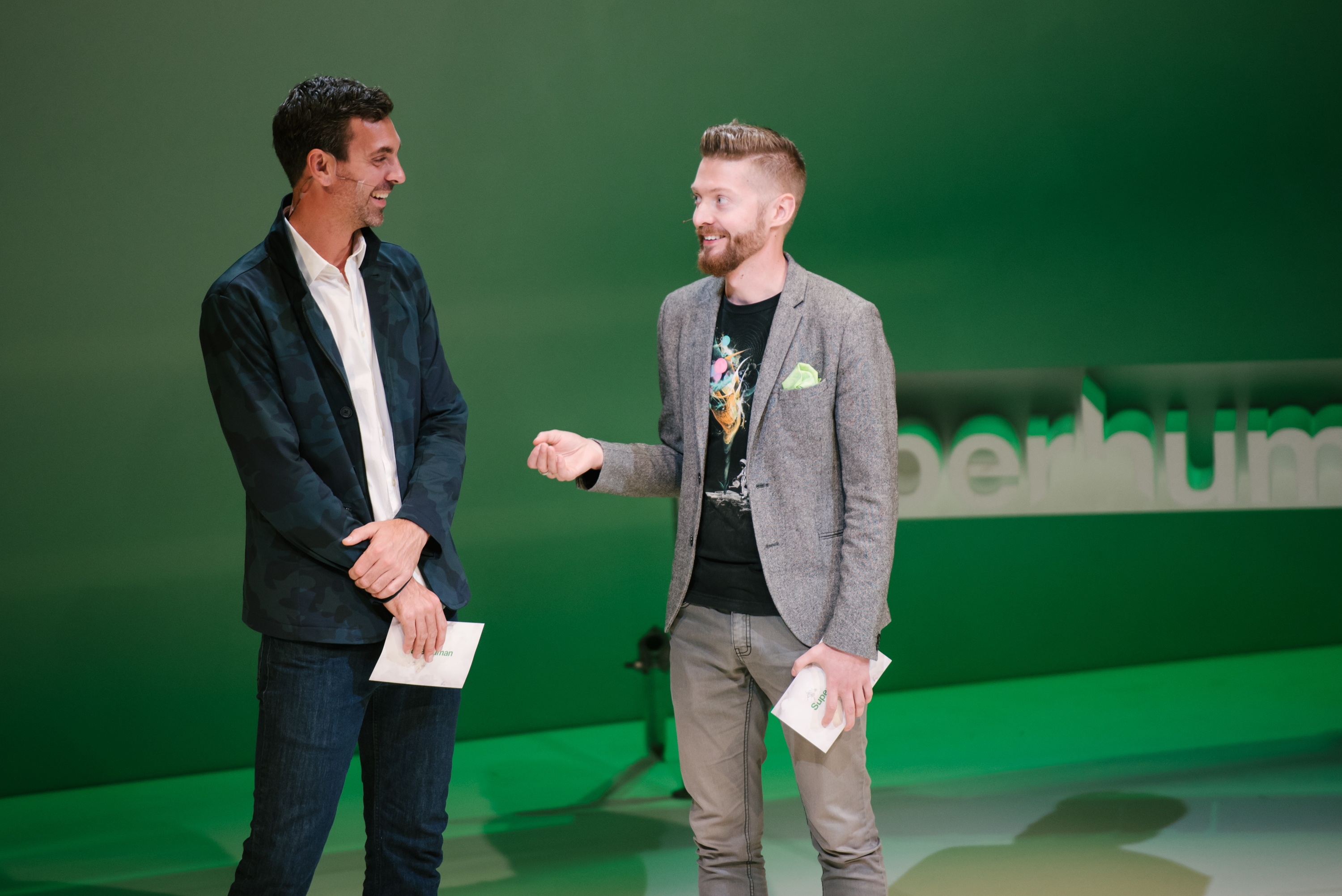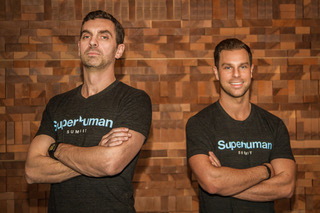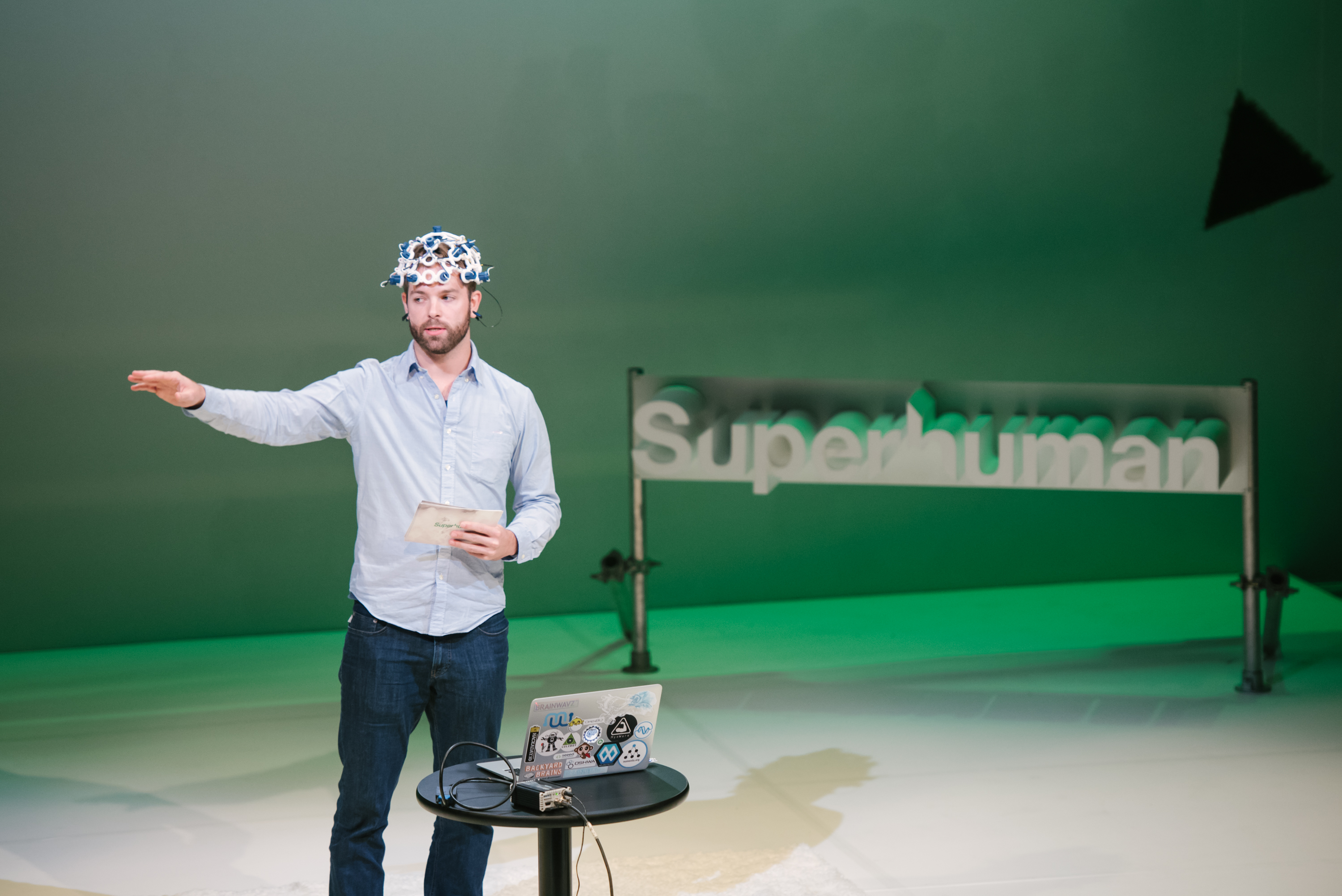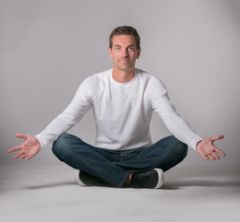The age of the internet is changing practically every aspect of how we live our lives. It’s changed how we buy our groceries, where we buy our clothes, how we book our travel experiences and where we stay when we get there, how we get from A to B and even how we take care of our physical and mental fitness.
One of the most interesting areas of change that is occurring as we dive deeper into the age of information and technology, is that of our health and wellbeing. Not only is artificial intelligence being incorporated in to conventional medical settings, but the accessibility of information now means that people are starting to question the opinions of their medical practitioners.
In years gone by, the family doctor would diagnose a medical complaint and our grandparents would have no choice but to nod, agree and impotently defer all responsibility for their treatment to the other party. Nowadays, the opinions offered by those in the consulting room, are researched by their patients, who hungrily access scientific papers through online search engines, such as ‘PubMed’, and delve into the masses of more widely available research, in the form of online medical journals. The formerly passive patient has become a profoundly engaged consumer.
As with Uber, Amazon and AirBnB, there are obviously pros and cons of such transitional behaviour but it is human nature to want to make informed decisions and contribute to the choices made in how all aspects of our lives are managed.
It’s safe to say, that the conventional medical community has contributed a certain amount to it’s own diminishing position of power, with questions rightly being asked as to the quality of much of the research published in the sector. How many papers have cloaked ulterior motives in the form of shadow financial backing from Big Pharma, or the food and beverage industry? How much data is actually legitimate and how much has been doctored to ‘prove’ a desired hypothesis? How many papers that demonstrated a lack of response to an intervention were denied publication because no significant changes were identified? How many papers were denied publication because they weren’t deemed ‘original’ enough and yet provided valuable retest data?
Furthermore, the culture in the medical profession is one of high blame. In his fascinating book, ‘Black Box Thinking’, Matthew Syed compares the growth mindset approach characterized by openly learning from mistakes, that is prevalent in the airline industry, to the fixed mindset adopted by the medical profession, which sees mistakes as grim failures that should be frowned upon.
Syed quoted evidence that points to the causes of an inordinate number of deaths, or permanently disabling injuries caused by medical error, being recorded as anything but. Yet, the fact is, if practitioners believe they are going to open themselves up to litigation as the result of investigation into professional error, the drive to be open about their practice is withdrawn. Consequently, the availability of valid information available to improve medical practice based upon experience, is extremely limited and the implications of such behaviour is statistically frightening.
In 2013, a study published in the Journal of Patient Safety, attributed preventable medical error to causing the deaths of 400,000 people each year in hospitals in the United States alone. These are deaths caused by, amongst other avoidable causes, misdiagnosis, dispensing the wrong medication, operating on the incorrect body part and post-operative complications.
Syed reports on the testimony delivered to the Senate by Johns Hopkins medical professor, Peter Provonost, in which he described this figure as the equivalent of “two jumbo jets falling out of the sky every twenty-four hours”. This degree of preventable harm places ‘hospital stays’ as the third greatest cause of death in the USA. Such a statistic would simply not be tolerated in any other forum. What’s more, these figures didn’t even account for avoidable deaths occurring in outpatient clinics or nursing homes, which, when factored into the equation, have been estimated at raising the total to over 500,000 deaths per year in that one country alone.
Further analysis of the statistics provides even more cause for concern. Syed cites the testimony of Joanne Disch, a clinical professor at the University of Minnesota School of Nursing, taken from the same senate hearing. Disch highlighted the incidences of non-lethal harm caused by medical error, and cited results of a study that reported the number of patients experiencing severely disabling complications, as being ten times greater than the number of deaths caused by the same factor. That works out at “10,000 preventable serious complications per day”.
These statistics don’t suggest for one minute that doctors are homicidal or incompetent but they do suggest that there is a tendency to put up the defences when their professionalism is called into question and an overwhelming desire not to appear inept, thus undermining one’s credibility in the eyes of their colleagues. After all, if one spent that much time and money on one’s education, what does that imply if a mistake is made? Therefore, studies show that for senior doctors, the practice of being open about mistakes can actually be a traumatic experience and as such cover-ups are encouraged and the vital information the profession needs in order to learn, is destroyed.
The result of this, is that, as the public become more informed, the desire to explore options outside of conventional medicine grows. Areas of medicine that have previously been forced into the shadows in North America but are widely researched and more advanced in Europe, are now becoming viable options for those that want to explore their alternatives.
One such area is functional medicine, which Spencer Coppin, a Vancouver native, former student of Traditional Chinese Medicine and a graduate of the Institute for Functional Medicine, defines as “ the interpretation of your current state of health and the systems analysis that allows a practitioner to “re-engineer” your weakest links’. Coppin says, “it is a full body, full system approach to optimizing someone’s health, which also incorporates lifestyle medicine because the environment plays a major role in an individual’s health and performance”.

Coppin, a former Vancouver Whitecap, had grown up in a “household of wellness”, with his father being a conventionally trained MD, but also demonstrating an open-mind towards his education, later training to specialize in Ayurvedic medicine and bioidentical hormone replacement. Coppin junior, had considered a career in medicine but after witnessing a lot of the outcomes brought about by Western medical interventions, felt he was unable to relate to the practice. Instead, Coppin favoured a more proactive approach and decided that instead of treating disease states, his future training would permit him to follow a career path that sought to prevent disease and promote health.
Now working alongside his father, Coppin believes that “functional medicine is the future of optimal health care…where medicine that the human body responds to naturally” is used in favour of synthetic pharmaceuticals. His approach is to take a diagnosis, and work backwards to establish why the current state of pathology or dysfunction has occurred. Beyond just preventing pathology, Coppin states that functional medicine also applies “the latest research to enhance the human body”.
One of the most notable proponents of functional medicine, is founder of ‘Bulletproof’, Dave Asprey, whose online podcasts have built a dedicated following numbering in the millions. There is no doubt that Asprey is a savvy marketer, and in coining terms such as ‘bio-hacking’, has managed to make functional medicine sound ‘cool’ and ‘trendy’.
Whilst Coppin isn’t interested in taking the same approach as Asprey to promote his work, he believes it is contributing to the growth of functional medicine and if such alternatives to conventional medicine are to become mainstream, re-education has to occur on a massive scale. Such re-education he believes, needs to occur at the government-funded institutions, that have taught fundamentally the same material since his “father went to medical school over 40 years ago” and drive a shift in the mentality of existing practitioners. However, he is aware that this is a long-term project, that will take years to affect a generational change in mindset.
Two other significant obstacles to the sector becoming more mainstream are time and cost. Whereas a typical consultation with a family doctor lasts around five minutes, a patient review conducted by a functional medicine practitioner takes much longer and requires more in-depth analysis and review of test data. Whilst obviously being a very thorough approach, it doesn’t come without a cost that reflects the added attention and as yet, insurance companies are unwilling to foot the bill. Despite existing players in the industry, such as The Cleveland Clinic, investing in a dedicated functional medicine department, only a small percentage of the population can afford to explore this path to addressing their health concerns.
An added barrier to acceptance, reflects the vicious battleground that stages the dirty fight for patient’s dollars. Healthcare is a gargantuan industry and the smaller players have often cried “foul”, accusing the pharmaceutical kings of wielding their financial clout to flood the media with propaganda and fund research that is reverse engineered to achieve the outcome they desire to satisfy their commercial needs.
The approach of ‘Big Pharma’ is mirrored by those in the food industry. For example, documentaries such as ‘Sugar Coated’, point to convincing evidence that the big players in the sugar industry are employing similar dirty tricks in an attempt to deflect negative publicity away from the inflammatory effects of high sugar foods, and towards saturated fats. Fingers are regularly pointed in the direction of the FDA, suggesting that the regulatory body is far too easily manipulated and persuaded to support and promote products that have dubious research to support their safety for human consumption.
Another challenge facing the functional medicine industry, is that it’s historically been a sanctuary for quacks, fluffy scientists, conspiracy theorists and snake oil salesmen. However, Coppin believes that the “quacks are fading into the background”, as the research being disseminated from Europe becomes more widely accepted. He remarks, “it’s our responsibility in North America to cite good research and studies, not rely on the scarce research that has been produced on this continent. European research is around 25 years ahead in this area and by highlighting this work, the field will help address the negative perceptions harboured in North America and ensure that the legitimate science isn’t compromised by fads and self-proclaimed gurus. The experts in countries like Germany, Belgium and parts of Eastern Europe have been leading the training in this field for many years".
Consequently, Coppin believes that functional medicine may become more widely accepted in the area of self-care. His hope is that the practice can make a dent in the conventional medical model by preventing people from getting sick in the first place. The advances to support this drive, Coppin proposes, will come from advances in diagnostics and data interpretation over the next 5-10 years. IBM’s Watson is already bringing artificial intelligence (AI) to the doctor’s room and Coppin doesn’t think it unrealistic that the role of the doctor will change to that of coach or “health mentor”, as the capabilities of AI, in processing massive amounts of data and cross-referencing results with the existing libraries of scientific evidence, will reduce the risks of medical error, thus forcing the transition of treatment plans to becoming more automated.
Whilst Coppin lives a life consistent with the core beliefs of his practice, he admits that the costs of his supplements that help him ensure he has “youthful hormone signalling and a balanced neurochemistry” can range from $200-$400 per month and personalized protocols can run upwards of $20,000. This limits access to those not blessed with such financial means, and whilst he hopes that “in future there will be a way to donate these types of services to socially and economically deprived individuals”, he points to the fact that he has many clients who are not “wealthy, but have their priorities in check…investing in themselves, as opposed to their wardrobes”.
Coppin further points to less expensive practices to supporting a functionally healthy lifestyle, including eating ‘real’ food, getting regular movement, and taking the time to connect with nature, although he concedes that other aspects are harder to control. Living in a clean environment is important but it’s not always easy in a city to regulate exposure to toxins, chemicals or non-normal electromagnetic frequencies, that are emitted by your neighbours’ wifi boxes and neighbourhood cell masts.
Coppin keeps himself at the forefront of the latest advances in functional medical science by attending conferences or events hosted by the Institute for Functional Medicine and the American Academy of Anti-Aging and Regenerative Medicine. He is particularly excited with the developments in cannabis-based therapies and ‘peptide therapy’, which uses tiny protein structures to help repair and regenerate damaged tissue and is currently undergoing extensive research in Europe.
In an attempt to spread the word and disseminate the latest thinking in the functional medicine world to Vancouver, Spencer and his brother, Fraser, himself a sports nutrition professional and energy medicine practitioner, have founded the ‘Superhuman Summit’.

Coppin explains, “Superhuman is a speaker showcase event, designed to inspire health-enthusiasts with the latest science and technology we use to enhance ourselves. We focus on longevity medicine and related technology…Superhumans and the idea of achieving great feats”. He continues, “The event doesn’t really have a demographic…it’s more about the mindset of the individual. Those who place a high value of their health, performance, and ultimately their experience on this planet. We see all backgrounds, ages, and experience. It is a deeper dive into ‘Self Care’”.
If you want to learn more about functional medicine, the Superhuman Summit takes place on October 21st at the BMO Theatre Centre in Olympic Village. Details and further information can be found at www.Superhvman.com


